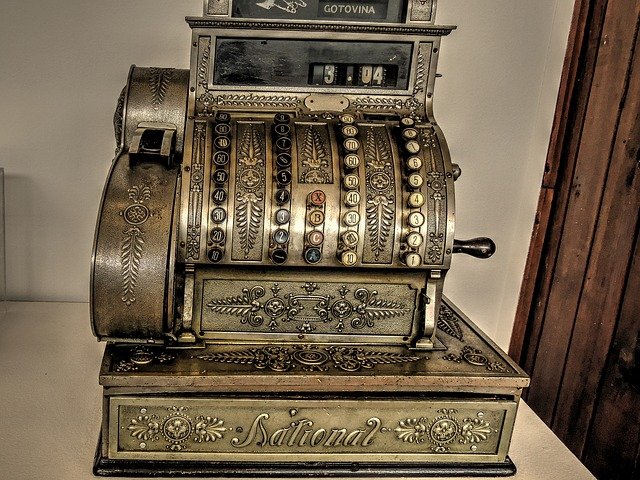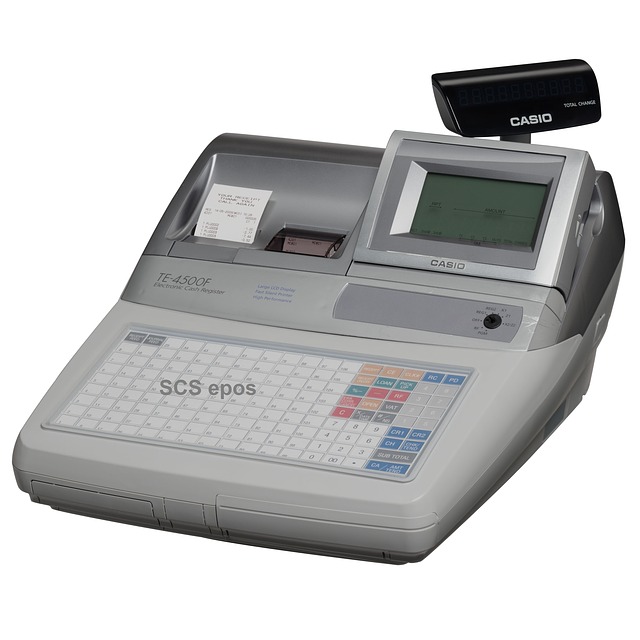How much does an electronic sales record cost? [If you are a sole proprietor or entrepreneur and EET applies to you, the purchase of a cash register will cost you between $50,000 and $60,000. It depends on what type of business you run. For larger businesses, this may not be the final number. It also depends on the number of stores. For small establishments, it may only cost 5,000 to 15,000 crowns. For medium and large, it could be 60,000 crowns, as mentioned earlier. For gastro-businesses, it starts at 20,000.

But it is not only the above costs that the entrepreneur has to pay. I am not talking about taxes. That is not very important. What matters is how much you pay each month just to run the cash register. It costs at least 1000 kroner per month for a thermoroll. High-speed Internet costs 500 kroner per month. The cash register also usually includes an operating license, which costs between 300 and 1,000 kroner per month. If the cash register malfunctions, repairs by a professional technician cost 600 kronor per hour. Overall, the operating cost of the cash register is about SEK 3,000 per month. If you run a large catering business with several outlets (cafes, restaurants, mobile stores), you will need to have a separate cash register for each outlet. Therefore, it is not inexpensive.
Fines and Penalties
If the records are intercepted, the business will have to pay a fine of up to 500,000 kroner. The same applies to failure to issue receipts to customers. In the case of a particularly serious failure to register, the establishment can even be closed or suspended. And immediately.
Government, Critics, Constitutional Judges, Third and Fourth Waves
The government argued that the introduction of EET would create a business environment and increase tax collection. Critics, on the other hand, said the opposite would happen. In fact, registration did not significantly increase tax collection. And they say that the EET is merely a means for the state to punish entrepreneurs and merchants who are incapable of collecting taxes. According to some experts, the increase in collections is mainly due to audit reports. Late last year, the Constitutional Court invalidated the third and fourth waves of the EET; some judges wanted to abolish the EET altogether. This seems to signal that the opposition means something by what they are saying. In any case, so far, EET has “worked” in many companies and is entrenched in the law.